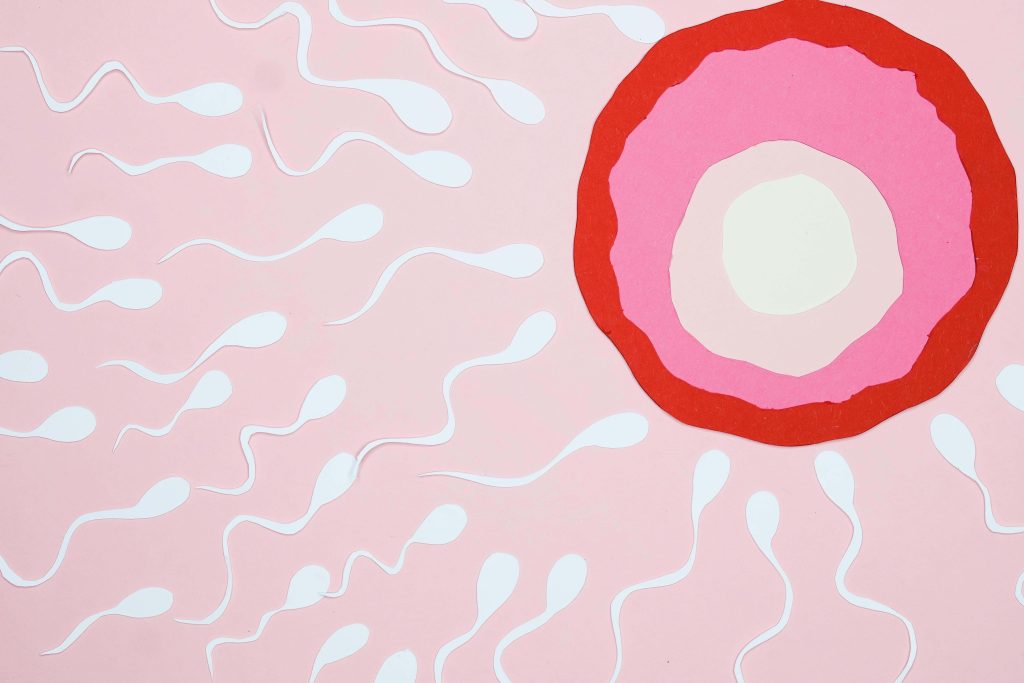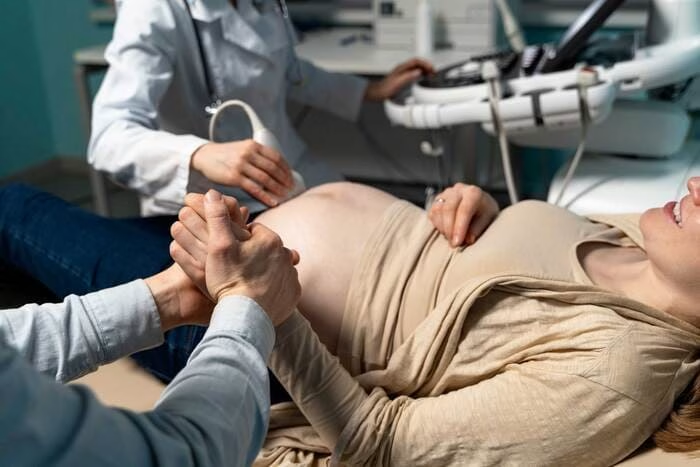Think back to your high school biology class. Chances are, most of what you learned about reproduction focused on how not to get pregnant; contraception, avoiding STIs, and the risks of unprotected sex. But did anyone ever actually explain to us how to get pregnant? Beyond the basics of sperm meets egg, the reality is far more complex. One key piece of the puzzle? Your fertility window.
The Rhythm Method: How to get pregnant and avoid pregnancy
The so-called rhythm method or calendar method has long been used as a natural way to prevent pregnancy. But in reality, it’s also a tool for those trying to conceive. It works by tracking the menstrual cycle and pinpointing the fertile window: the days when pregnancy is most likely to happen. Understanding when ovulation occurs and timing intercourse accordingly can make a significant difference for anyone hoping to start a family.

Fertility and Age: What the Numbers Say
It’s no secret that fertility changes with age, but let’s break it down. In your 20s, your chances of conceiving each month are around 25%-30%. By the time you hit 30, that number drops to roughly 15%-20%. Once you reach 40, the odds dip dramatically to below 5% per cycle.
This is where assisted reproduction comes in. In Vitro Fertilization (IVF) offers pregnancy rates that can surpass even those of a woman in her most fertile years. Depending on factors like egg quality and uterine health, IVF can increase pregnancy success rates to 50%-60% per cycle, something natural conception simply can’t compete with past a certain age.
The Fertile Window: Just One Piece of the Puzzle
Understanding your cycle is important, but it’s not the whole story. Ovulation alone doesn’t guarantee pregnancy. Egg and sperm quality play a huge role, too.
For men, sperm health isn’t just about count—it’s about function. Sperm with fragmented DNA can lead to failed embryo development and early pregnancy loss.
Then, there’s the timing. Your fertile window refers to the six-day stretch in your cycle when conception is possible: the five days leading up to ovulation and ovulation day itself. Why? Because sperm can survive inside the female reproductive tract for up to five days, waiting for an egg to be released. Knowing when this window happens is key for those trying to conceive naturally.
Why the Uterus Matters, Too
Even if the sperm and egg meet at the right time, there’s one more critical step: implantation. The uterus must be ready to receive the embryo, and that depends on the endometrium; the uterine lining that thickens each cycle in preparation for pregnancy.
If this process doesn’t happen properly, implantation can fail, leading to what many experience as an early miscarriage (sometimes before they even realize they were pregnant). This is one of the lesser-known but significant factors behind infertility.
At Nascere, we go beyond just tracking ovulation. Our approach pinpoints not only a woman’s fertility window but also her implantation window, the specific moment when the uterus is most receptive to an embryo. With advanced endometrial studies applied during IVF treatments, we personalize embryo transfer timing with the highest precision to enhance the chance of success.

How to Track Your Fertile Window, And What Can Complicate It
While ovulation tests and cycle tracking apps can be helpful, they’re not foolproof. Conditions like PCOS (Polycystic Ovary Syndrome), endometriosis, thyroid disorders, or hormonal imbalances can make cycles irregular, throwing off predictions and making natural conception more difficult. If tracking ovulation feels inconsistent or frustrating, it might be time to consult a specialist, in this regard, the sooner the better! Some international standards suggest to try to conceive naturally for 6 to 12 months, depending on your age, however, these standards shouldn’t be taken too literally, as they may not consider underlying causes of infertility for which this waiting phase would serve no purpose.
When to See a Fertility Specialist
If you’ve been trying to conceive without success, whether or not you’re an expert in your cycle, the best thing you can do is seek professional guidance. Age, egg, sperm quality, and uterine health all play a role, sometimes in ways that aren’t immediately obvious. The sooner you get answers, the more options you’ll have.
Fertility is a complex equation, but the good news is that there are more ways than ever to solve it. If you’re ready to take the next step, a fertility specialist can help you understand your options and find the best path forward.
